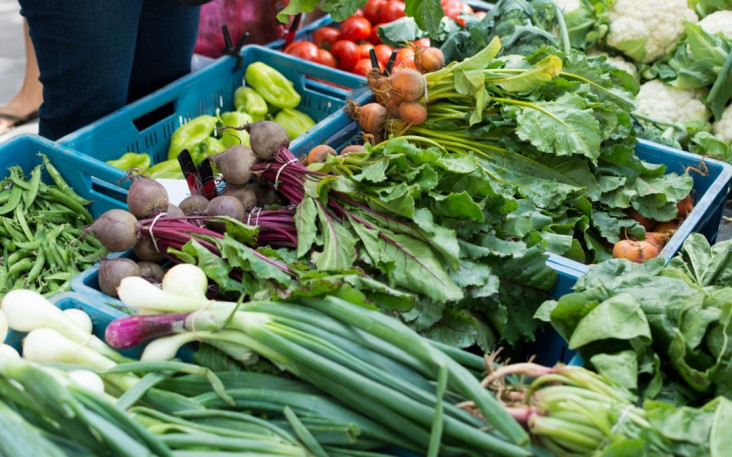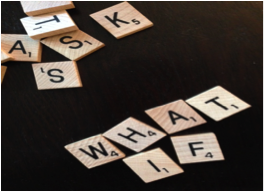Whether they slither or swim, creep or crawl, prowl or prance our pets hold a place in our hearts that’s difficult to describe but not hard to express. They’re part of our family coming with us on vacation, sleeping on our beds and starring in our family pictures.
There’s really nothing like coming home at the end of a long day and seeing that wagging tail and feeling the unconditional love from your dog to help you unwind and shake off the weight of your day. Of course if you’re coming home to a cat, the excitement may be a little more restrained, but the feeling of contentment that connection with Sir Pounce-A-Lot brings is priceless.
There’s no shortage of research on the value of the bond between pets and their owners. In fact, a 2014 study by the HABRI (Human Animal Bond Research Initiative Foundation) determined that there are significant health benefits to owning a pet and in fact some doctors are even prescribing pet ownership to help with specific health conditions from heart health to PTSD.
In fact, studies have shown that pet owners have lower rates of depression than non-pet owners. They have lower blood pressure levels in stressful situations and simply engaging and playing with our pets increases our dopamine and serotonin levels which leaves us feeling more serene and peaceful. While people with dogs often see the greatest health benefits in pet ownership even watching fish in an aquarium can boost those serotonin levels and help us relax.
Pet ownership meets a fundamental human need – the need to be touched. The impact is no better demonstrated than the Team Greyhound Prison Program where inmates in Ohio can earn the privilege of caring for rescued greyhounds. For many of these inmates, the relationship with the dog is the first time they’ve experienced genuine affection. Other programs have inmates training dogs that may become guide dogs for the blind or companion animals for the disabled. Inmates participating in the programs talk about the impact the dogs make on their lives through giving them a sense of responsibility and the capacity to see beyond themselves for the first time.
The benefits of connecting with a pet reach from childhood to our golden years. Children who have pets learn to see beyond themselves, develop a deeper sense of compassion and generally have higher self-esteem. For seniors, a survey of 1000 Medicare patients noted 40% of those surveyed saw a doctor less frequently than the rest of the group. The group seeing a doctor less often were pet owners. Seniors with pets have lower blood pressure, feel less lonely and depressed and often tend to be more active. In fact having a pet even helped Alzheimer’s patients experience fewer anxious outbursts.
Aside from all the scientific research, it all comes down to love. Doesn’t matter if it’s feathers or fur, scales or skin, without a doubt our pets make our lives richer and fuller. Could there be anything better?











